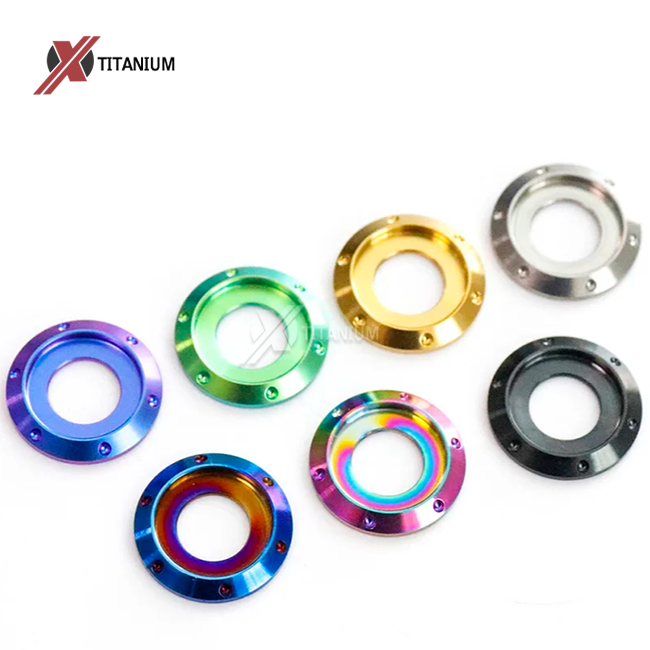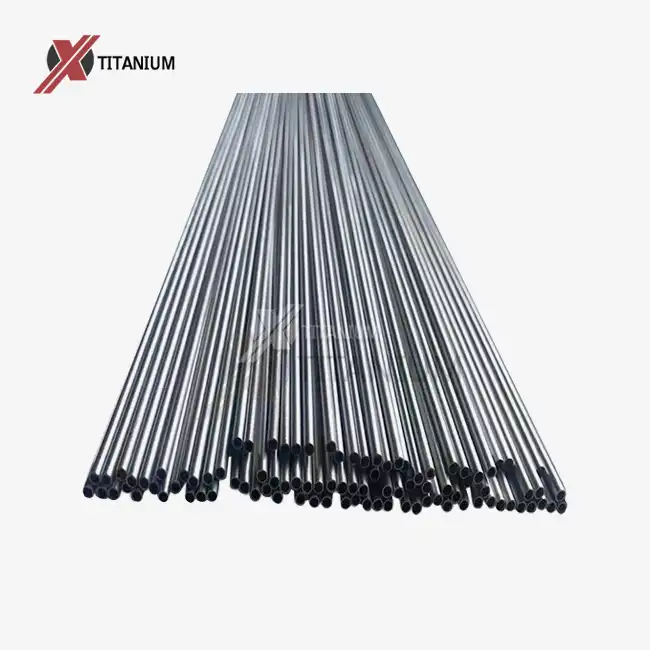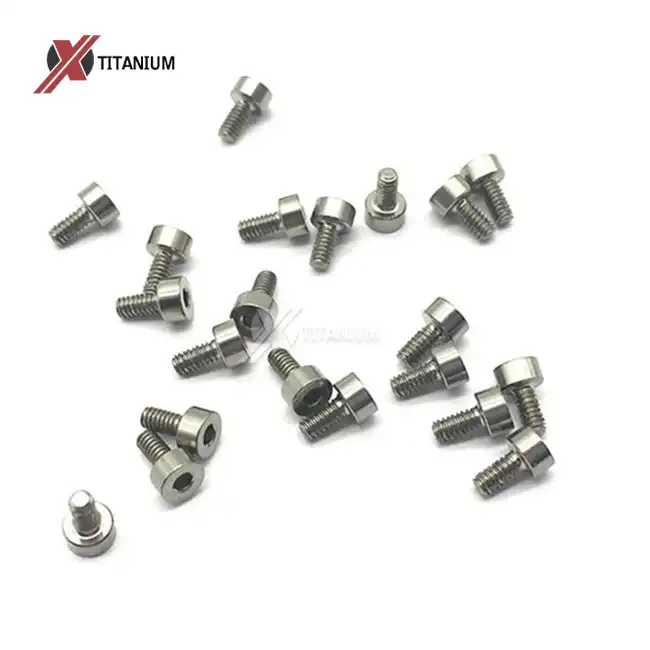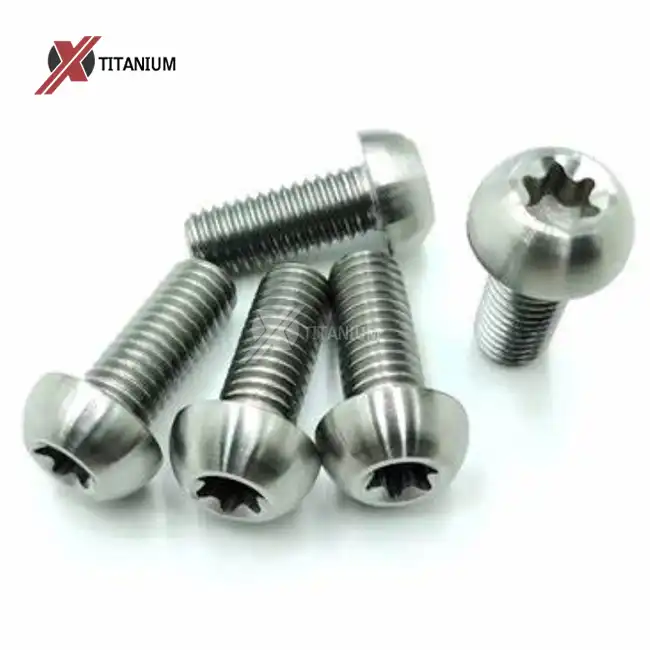- English
- French
- German
- Portuguese
- Spanish
- Russian
- Japanese
- Korean
- Arabic
- Greek
- German
- Turkish
- Italian
- Danish
- Romanian
- Indonesian
- Czech
- Afrikaans
- Swedish
- Polish
- Basque
- Catalan
- Esperanto
- Hindi
- Lao
- Albanian
- Amharic
- Armenian
- Azerbaijani
- Belarusian
- Bengali
- Bosnian
- Bulgarian
- Cebuano
- Chichewa
- Corsican
- Croatian
- Dutch
- Estonian
- Filipino
- Finnish
- Frisian
- Galician
- Georgian
- Gujarati
- Haitian
- Hausa
- Hawaiian
- Hebrew
- Hmong
- Hungarian
- Icelandic
- Igbo
- Javanese
- Kannada
- Kazakh
- Khmer
- Kurdish
- Kyrgyz
- Latin
- Latvian
- Lithuanian
- Luxembou..
- Macedonian
- Malagasy
- Malay
- Malayalam
- Maltese
- Maori
- Marathi
- Mongolian
- Burmese
- Nepali
- Norwegian
- Pashto
- Persian
- Punjabi
- Serbian
- Sesotho
- Sinhala
- Slovak
- Slovenian
- Somali
- Samoan
- Scots Gaelic
- Shona
- Sindhi
- Sundanese
- Swahili
- Tajik
- Tamil
- Telugu
- Thai
- Ukrainian
- Urdu
- Uzbek
- Vietnamese
- Welsh
- Xhosa
- Yiddish
- Yoruba
- Zulu
Order Custom Titanium U Bolts for Precise Engineering Needs
When it comes to securing components in demanding environments, titanium U bolts stand out as an exceptional choice. These robust fasteners combine the strength and corrosion resistance of titanium with the versatile U-shaped design, making them ideal for a wide range of applications. For engineers and manufacturers seeking precision-engineered solutions, custom titanium U bolts offer unparalleled performance and durability. By partnering with a reputable titanium products manufacturer, you can obtain tailored U bolts that meet your exact specifications, ensuring optimal performance in even the most challenging conditions.
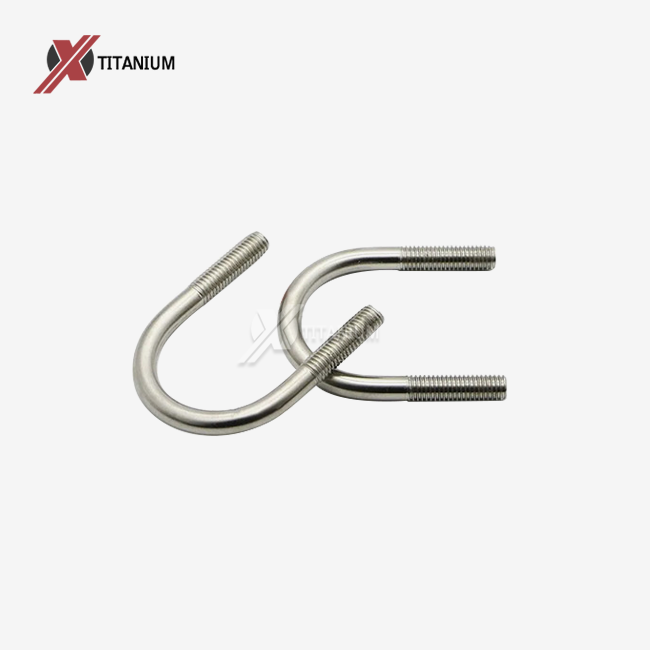
The Advantages of Titanium U Bolts in Engineering Applications
Superior Strength-to-Weight Ratio
Titanium U bolts boast an impressive strength-to-weight ratio, making them a top choice for applications where weight reduction is crucial without compromising structural integrity. This characteristic is particularly valuable in aerospace and automotive industries, where every gram counts. The lightweight nature of titanium allows engineers to design more efficient systems while maintaining the necessary load-bearing capacity.
Exceptional Corrosion Resistance
One of the most compelling reasons to opt for titanium U bolts is their outstanding resistance to corrosion. Unlike traditional steel fasteners, titanium U bolts can withstand exposure to harsh chemicals, saltwater, and extreme temperatures without degradation. This property makes them indispensable in marine environments, chemical processing plants, and offshore installations where corrosion is a constant threat.
Biocompatibility for Medical Applications
The biocompatibility of titanium makes it an excellent material for U bolts used in medical devices and implants. Titanium U bolts can be safely used in the human body without causing adverse reactions or corrosion, opening up possibilities for innovative medical equipment designs and surgical instruments.
Customization Options for Titanium U Bolts
Tailored Dimensions and Thread Types
Custom titanium U bolts can be manufactured to precise specifications, allowing engineers to optimize their designs for specific applications. From varying diameters and lengths to custom thread types (UNC, UNF, or metric), the possibilities for customization are extensive. This flexibility ensures that the U bolts integrate seamlessly into your engineering projects, regardless of the complexity.
Surface Treatments and Finishes
To further enhance the performance and aesthetics of titanium U bolts, various surface treatments can be applied. Options include polishing for a smooth finish, sandblasting for improved adhesion, and anodizing for color coding or additional corrosion protection. These treatments not only improve the functionality of the U bolts but also allow for easy identification and assembly in complex systems.
Alloy Selection for Specific Requirements
While pure titanium (Grade 2) offers excellent corrosion resistance, custom U bolts can also be manufactured using titanium alloys such as Grade 5 (Ti-6Al-4V) for enhanced strength and performance. The choice of alloy depends on the specific requirements of your application, including mechanical properties, temperature resistance, and weight considerations.
Applications and Industries Benefiting from Custom Titanium U Bolts
Aerospace and Aviation
In the aerospace industry, where every component must meet stringent safety and performance standards, custom titanium U bolts play a crucial role. They are used to secure critical parts in aircraft structures, engine mounts, and landing gear assemblies. The combination of high strength, low weight, and resistance to fatigue makes titanium U bolts ideal for withstanding the extreme conditions encountered during flight.
Marine Engineering and Offshore Platforms
The marine environment is notoriously harsh on metal components, but titanium U bolts excel in these conditions. They are widely used in shipbuilding, offshore oil and gas platforms, and underwater equipment. The exceptional corrosion resistance of titanium ensures long-term reliability and reduced maintenance costs, even when constantly exposed to saltwater and marine organisms.
Chemical Processing and Industrial Manufacturing
In chemical processing plants and industrial manufacturing facilities, titanium U bolts provide a reliable fastening solution that can withstand corrosive chemicals and high temperatures. They are used in reactors, pipelines, and equipment where traditional fasteners would quickly deteriorate. The ability to customize titanium U bolts allows engineers to design systems that can operate safely and efficiently in these demanding environments.
Medical and Biotechnology
The medical field benefits greatly from custom titanium U bolts, particularly in the design of surgical instruments, imaging equipment, and prosthetic devices. The biocompatibility of titanium ensures that these fasteners can be used safely in close proximity to or even inside the human body. Custom dimensions and finishes allow for the creation of specialized medical tools that meet the exacting standards of the healthcare industry.
Renewable Energy
As the world shifts towards renewable energy sources, custom titanium U bolts find applications in solar panel mounting systems, wind turbines, and geothermal plants. Their corrosion resistance and durability make them ideal for outdoor installations that must withstand decades of exposure to the elements. The lightweight nature of titanium also contributes to more efficient energy production systems.
Conclusion
Custom titanium U bolts represent a pinnacle of engineering fastener technology, offering unmatched performance in a wide range of demanding applications. By choosing to order custom titanium U bolts, you're investing in precision-engineered components that can significantly enhance the reliability, efficiency, and longevity of your projects. Whether you're working in aerospace, marine engineering, chemical processing, or any other industry that demands the utmost in material performance, titanium U bolts provide a superior solution.
For those seeking to leverage the benefits of custom titanium U bolts in their engineering endeavors, partnering with a specialized manufacturer is key. Baoji Chuanglian New Metal Material Co., Ltd. offers extensive expertise in titanium product manufacturing and customization. To explore how custom titanium U bolts can meet your precise engineering needs, reach out to our team at info@cltifastener.com or djy6580@aliyun.com.
References
1. Smith, J. (2022). Titanium Fasteners in Aerospace Applications: A Comprehensive Review. Journal of Aerospace Engineering, 35(2), 112-128.
2. Johnson, L. & Thompson, R. (2021). Corrosion Resistance of Titanium Alloys in Marine Environments. Materials Science and Engineering: A, 789, 139653.
3. Chen, Y., et al. (2023). Custom Titanium Components in Medical Device Manufacturing: Challenges and Opportunities. Journal of Biomedical Materials Research Part B: Applied Biomaterials, 111(4), 1023-1035.
4. Garcia, M. & Patel, K. (2020). Advancements in Titanium Processing for High-Performance Fasteners. International Journal of Advanced Manufacturing Technology, 106(5), 2145-2160.
5. Wilson, E. (2022). Sustainable Engineering: The Role of Titanium in Renewable Energy Infrastructure. Renewable and Sustainable Energy Reviews, 156, 111963.
Learn about our latest products and discounts through SMS or email
